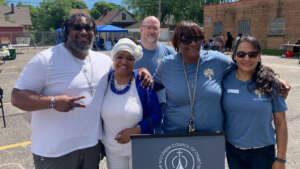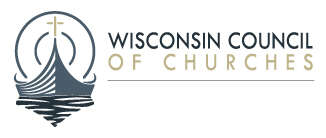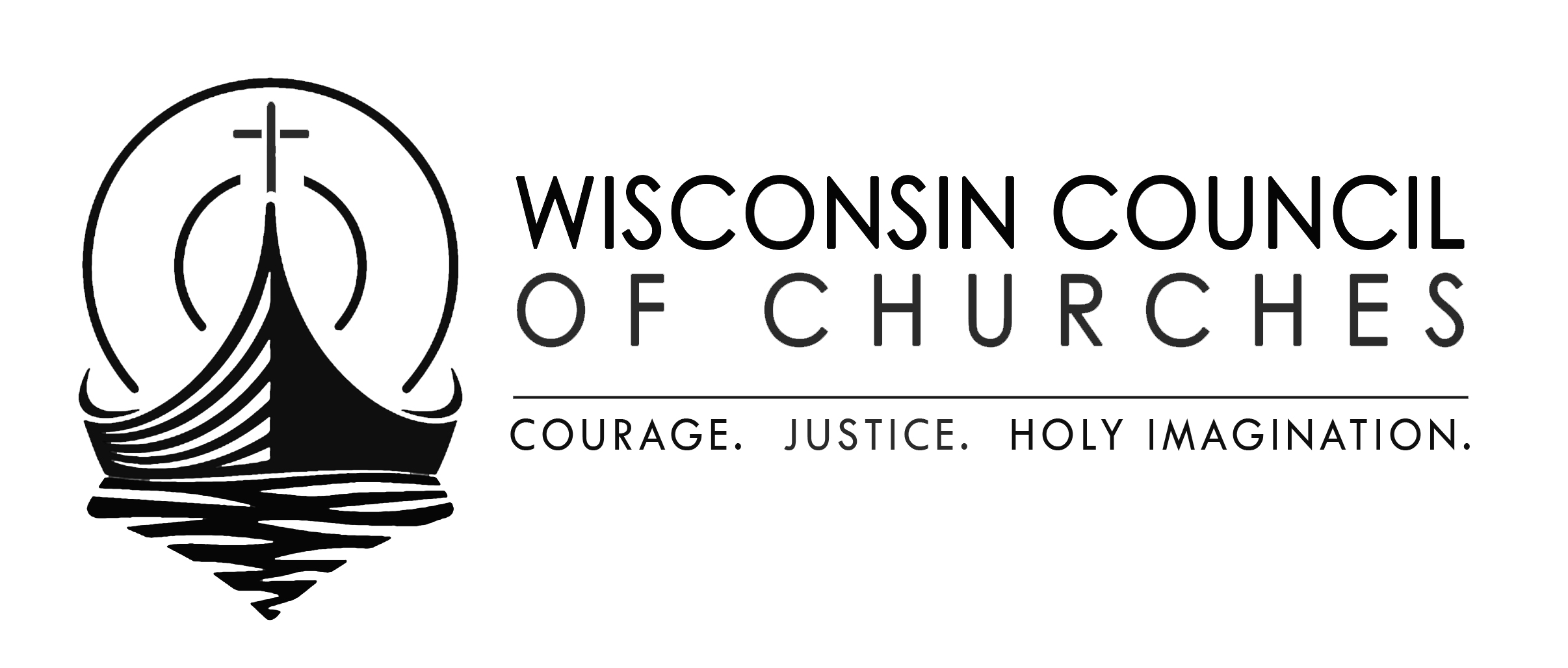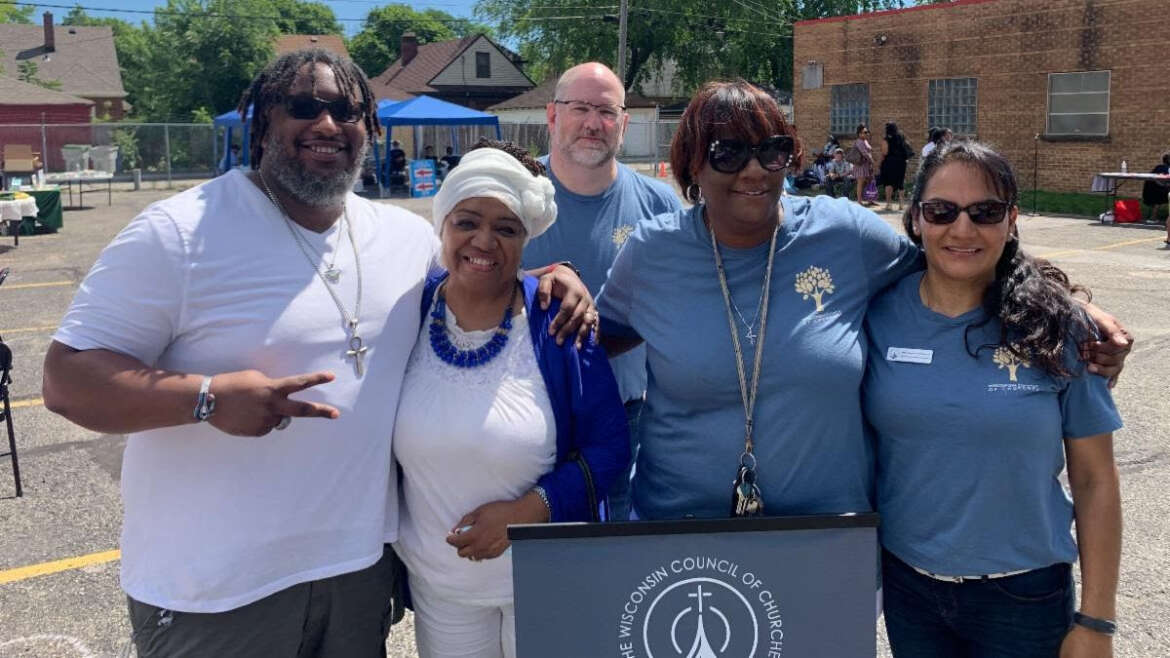
Dear Friends:
By now, it may be obvious that it takes a group effort to fight COVID. We all have individual roles to play, particularly in the safety measures we choose to observe or not. But without a collective strategy, our efforts won’t get far.
We have to work together, or fail.
What may be less obvious is that we have to organize against the pandemic as part of a holistic health approach. I’ve stressed the challenges COVID poses to vulnerable people: The elderly, children, people with disabilities, people with compromised immune systems. There’s more to it than that, though. Long COVID may dramatically increase the number of people living with disabilities. COVID also complicates and makes worse preexisting medical conditions. Chronic health problems can push vaccination down on the list of priorities.
There are also obstacles posed by what specialists call “social determinants of health.” These are conditions of the environments in which we live, work and play that affect our health. Literacy, gun violence, and access to health care are concrete examples. Education, economics, neighborhoods and racial equality are more abstract forms. They’re all factors shown to change our health, for better or worse.
This weekend, I attended a health fair at Bradford Memorial AME church in Milwaukee. There I met Kelly Coleman, a substance abuse counselor at Moving Families Forward, Inc. Coleman identifies substance abuse as a leading health priority in the community. This may not be for the reasons you might suspect, according to Coleman. People self-medicate to cover past trauma and present frustrations, she says. “It’s like peeling back an onion,” she told me. “We have to take one layer off, then the next one.” It could be several layers before someone feels able to get vaccinated.
Meanwhile, representatives of community organizations sat at tables in the hot sun. Nurses checked blood pressures or offered information. One group offered fresh produce. Another sought to connect people to feeding programs at local farmers markets. The Salvation Army distributed masks, hand sanitizer and chilled bottles of water.
We were lucky enough to have the entire Community Health Program team assembled at the fair (see photo above), including one member who rose at 3:30 a.m. to drive four hours to Milwaukee. We were there to support Angela Hicks, a CHP staffer and Bradford Memorial member who organized the event.
Our team takes seriously the need to work in a holistic way. Members work together to organize clinics and provide churches the resources they need. We partner with a dizzying array of organizations across the state, including local health departments, clinics, insurers, community action programs, and the University of Wisconsin.
Each member of the team has their own focus as well:
- Eyon Biddle works with Health Connections, Inc. to build capacity in churches to hold clinics on the north side of Milwaukee.
- Angelica Espinoza reaches out to Hispanic and rural churches. She has organized events everywhere from sanctuaries to libraries to mink farms.
- Angela Hicks partners with the Multicultural Coalition of Appleton across the Fox Valley. She’s also put together events in Beloit, Racine, Kenosha, and rural Waukesha and Jefferson counties.
- Pastor Teresa Thomas-Boyd develops conversations in Milwaukee churches. These circles allow community members to process their experience of the pandemic. From there, they can create their own responses to the situation.
I provide the administrative backend and communications, among other things. We’re supported by the contributions of Rev. Breanna Illéné and Rev. Libby Howe in the WCC office. Our extended team includes the Interfaith Conference of Greater Milwaukee. In Madison, we work with JustDane and the African-American Council of Churches.
Each of these is a rock star in their own right, and I’m so proud to work with them. But we couldn’t do it without you, our community partners, supporters, and friends. I am proud to work with you too. I’m deeply grateful for your contributions. We might not be able to get rid of COVID completely or get things back to the way they used to be before the spring of 2020. But we can work together for the healing of the nations. That is enough.
Rev. Daniel Schultz
Community Health Program Director


